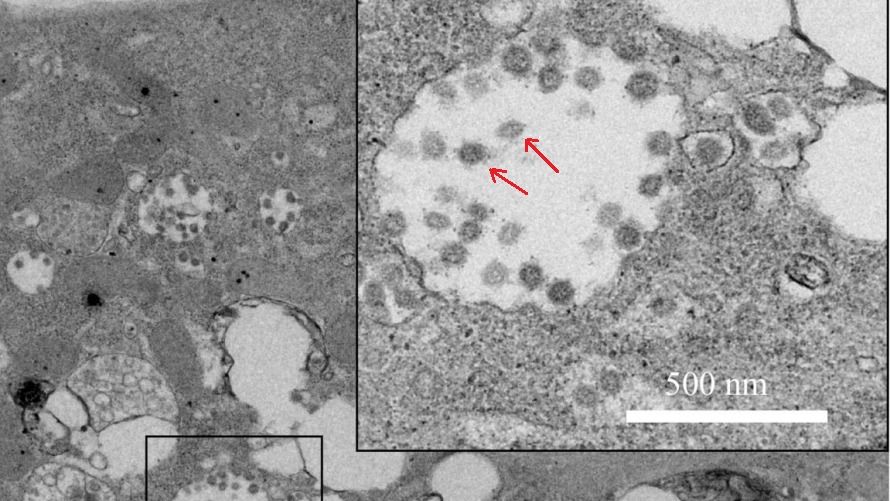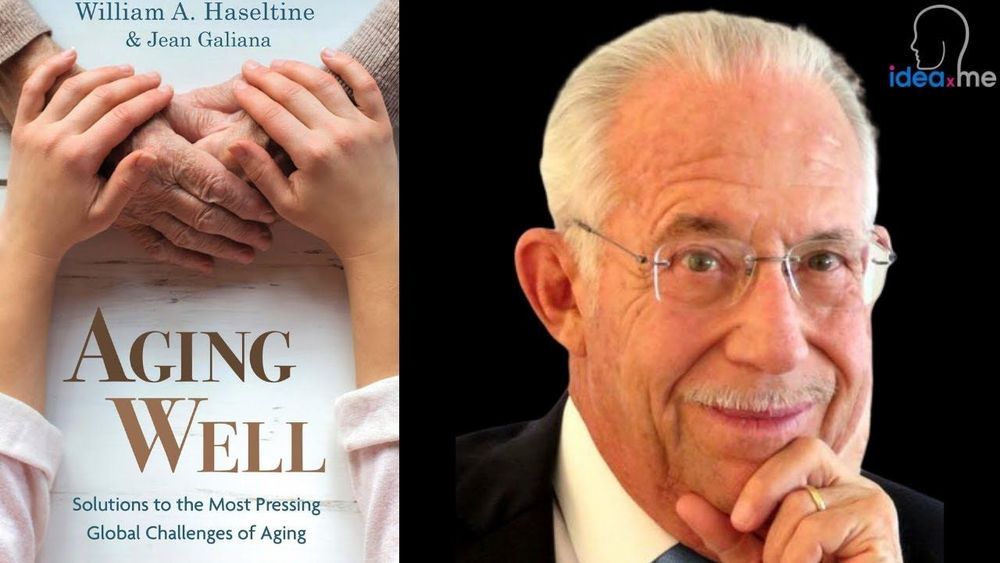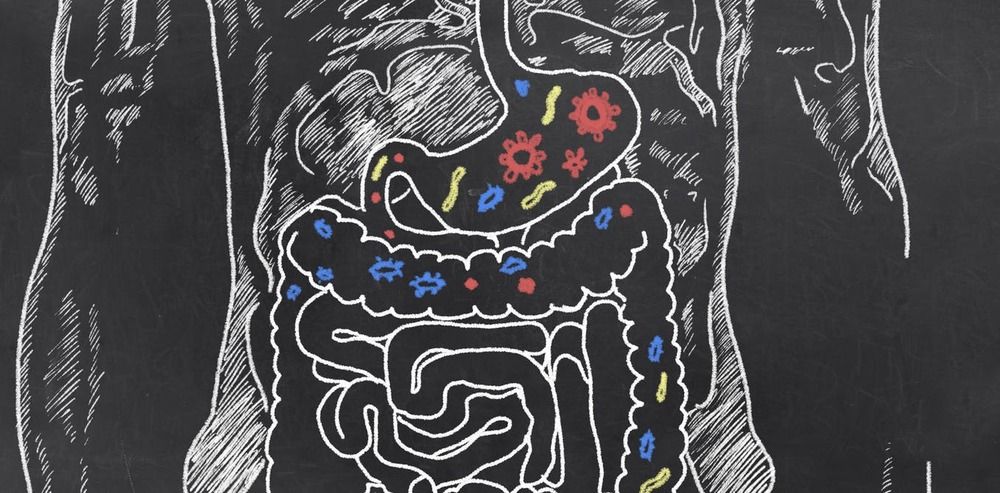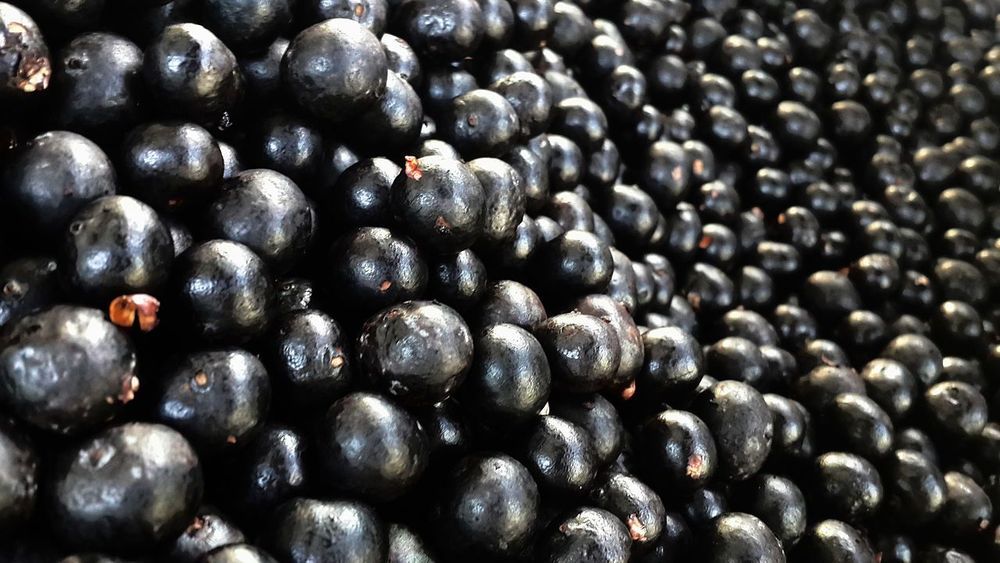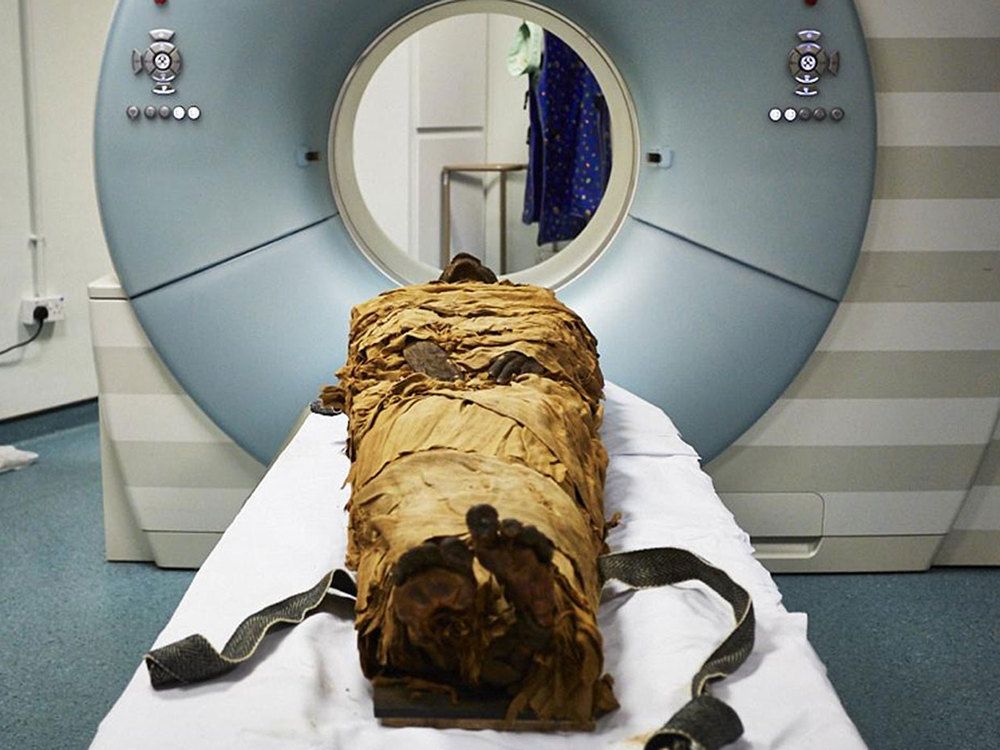Jan 24, 2020
Virus in Chinese outbreak is closest to one from bats, not snakes
Posted by Omuterema Akhahenda in category: biotech/medical
Researchers say the virus spreading through China is in the same family as SARS and closest to one found in bats. Discovery: Today, researchers led by Zheng-Li Shi at the Wuhan Institute for Virology posted a paper describing the virus in detail for the first time, including a picture of the virus infecting cells. The new virus, dubbed nCoV-2019, is in the same family as SARS—a coronavirus that caused global mayhem starting in 2003—and even uses the same receptor to hack into a person’s lung cells, Li’s team found.
Discovery: Today, researchers led by Zheng-Li Shi at the Wuhan Institute for Virology posted a paper describing the virus in detail for the first time, including a picture of the virus infecting cells.
